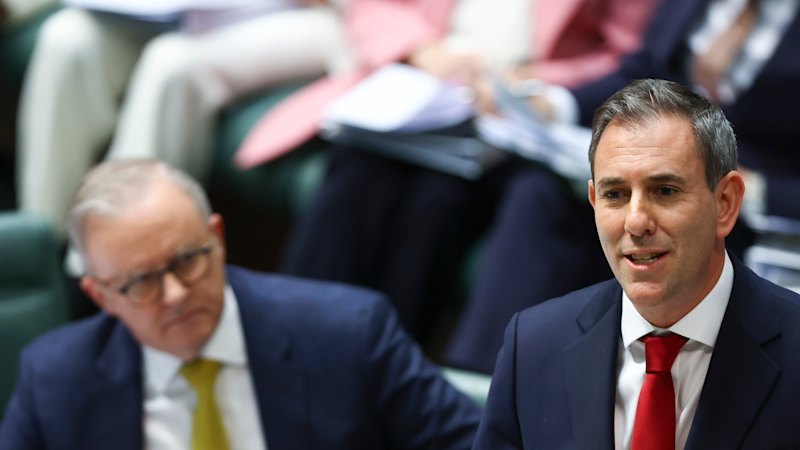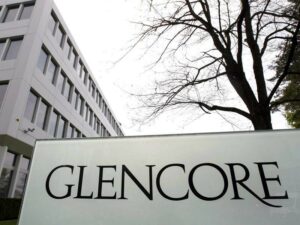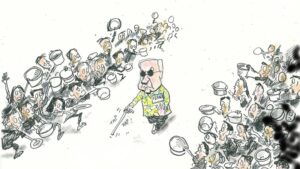
UPDATE: Treasurer Jim Chalmers has urgently signaled a need to temper expectations for the upcoming Labor Party reform summit, just one day after Prime Minister Anthony Albanese downplayed its significance. The government’s message is clear: excitement surrounding the summit must be curtailed as it approaches.
In discussions held this week, government officials expressed concerns over soaring expectations tied to the three-day roundtable set for later this month. Albanese emphasized that it is the cabinet, not this summit, that will ultimately dictate government policy direction. Observers are warned not to expect sweeping tax changes, which economists argue might benefit the nation but could also alarm voters.
The urgency intensified when unions proposed a return to Bill Shorten-era wealth taxes last Sunday. This demand has fueled a belief within Labor that Chalmers must establish clear boundaries for what has been touted as a launchpad for bold economic reforms.
According to three well-informed sources within the party, the reform summit initiative originated from Albanese’s office. He first broached the idea during a meeting with the Business Council of Australia in February. Chalmers, eager to engage, quickly became the face of this initiative, advocating for a broader discussion on tax reform.
In a candid statement made on Monday, Albanese underscored the nature of the summit: “To be very clear, it’s not a meeting of the cabinet. We just had one of those,” he said. “It’s a meeting in the cabinet room. And I expect that there’ll be a whole range of views put forward, much of which is contradictory with each other.”
The summit is now anticipated to yield a limited set of policies, including expedited approvals for energy projects, reducing bureaucratic hurdles, and new incentives for home construction. These proposals are considered low-hanging fruit likely to receive broad support from conflicting unions and business groups. However, more significant reforms will be postponed for further analysis.
Chalmers’ previous remarks about the necessity of tax reform for improving productivity, made during the National Press Club appearance in June, have added to the pressure. Economists are urging Chalmers to take bolder steps akin to those taken by former Treasurers Peter Costello and Paul Keating.
Despite the pressures, some government insiders remain optimistic that the summit could still produce meaningful outcomes. They argue that even if Chalmers does not emerge with a comprehensive list of reforms, the summit could help lay the groundwork for future policy initiatives. “It has been years since Australia engaged in a serious discussion on economic principles without the backdrop of constant political bickering,” said one official.
As the summit draws near, all eyes are on whether it can provide Labor with the mandate to tackle more challenging policies later in its term while also addressing immediate concerns. The government’s focus remains on delivering practical solutions rather than engaging in radical overhauls.
Stay tuned for more updates as this story develops, and follow our coverage for expert analysis of Australian politics.





